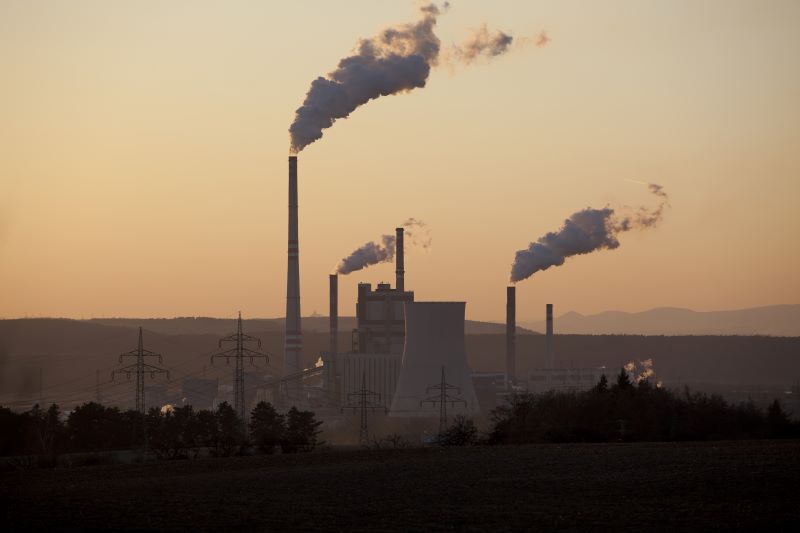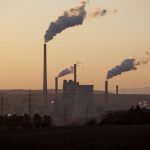How Can We Stop Burning Fossil Fuels?
- Categories:
- Climate Change
- Energy

What are fossil fuels?
Fossil fuels are carbon-rich deposits that have been formed from decomposing plants and other organisms that have been buried underneath layers of sediment and rock. They are non-renewable fuels, such as coal, oil and gas, and when they are burned, they release carbon dioxide and other greenhouse gases into the atmosphere.
Why must we stop burning fossil fuels?
We still rely on fossil fuels to provide most of our power, whether that is for heating our homes or providing methods of transportation, but we need to stop this if we have any hope of halting the climate crisis.
We need to phase out the fossil fuel industry because it is causing drastic and potentially irreversible damage. Fossil fuels such as coal, oil and gas produce a huge amount of carbon emissions, and this is the factor driving climate change, as well as causing dangerous levels of air pollution and water pollution.
In 2018, the IPCC has warned that fossil fuels must be almost halved from 2010 levels by 2030 if we are to limit global warming to 1.5C. In their more recent report, they state that we will likely reach this limit in all scenarios by 2040, but if we can cut carbon emissions in half by 2030, there is still a chance to avert climate catastrophe.
What are some strategies for stopping the use of fossil fuels?
Some general strategies to halt the burning of fossil fuels include the following:
- Switching from fossil fuels to renewable/ clean energy such as solar and wind power
- Switching from gas to electric in as many areas as possible – electric vehicles, electric heat pumps
- Investing in green technology rather than fossil fuels companies
- More sustainable farming
- Reducing food waste
Can this be done?
While these are the strategies for phasing out fossil fuels that seem possible in theory, it may require more coordinating action to actually implement them.
There is still a great deal of financial interest in the fossil fuel industry and many governments around the world are still allowing fossil fuel exploration to continue. This is, in part, due to the fear of being sued by fossil fuel companies if drilling is stopped. Meanwhile, at a time when power plants should be gradually closing to phase out mass fossil fuel use, dozens are currently planned or under construction.
Therefore, to seriously put these into place, we need some kind of global initiative to restrict fossil fuel use. An example of this is the Fossil Fuel Non-Proliferation Treaty which would include the following measures:
- Prevent the proliferation of coal, oil and gas by ending all new exploration and production
- Phase-out existing production of fossil fuels in line with the 1.5C global climate goal
- Fast-track real solutions and a just transition for every worker, community and country
Many activists are pushing for a treaty like this to be considered ahead of the COP26 (United Nations Climate Change Conference), which will be held in Glasgow in November this year. 2,185 scientists and academics have called for a Fossil Fuel Non-Proliferation Treaty and you can add your name to endorse the treaty.
Another personal action you can take is to support the charities taking climate action by switching your search engine to SearchScene!










